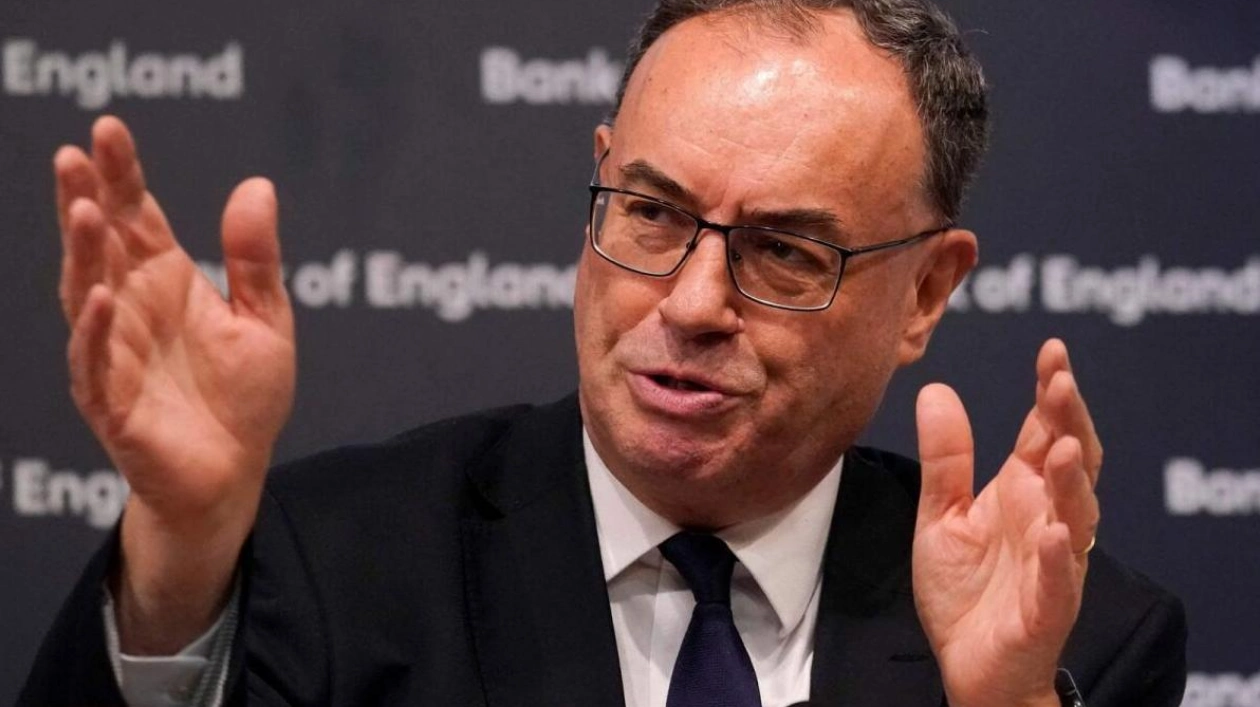The Bank of England maintained interest rates at 5.0 per cent on Thursday and decided to reduce its holdings of British government bonds by an additional 100 billion pounds ($133 billion) over the next 12 months, a decision that could impact the government’s financial situation. The Monetary Policy Committee voted 8-1 to keep rates unchanged, with only external member Swati Dhingra advocating for a further quarter-point rate reduction, following the BoE’s first cut in borrowing costs since 2020 last month.
Economists surveyed by Reuters had anticipated a 7-2 vote to maintain rates, considering the close 5-4 decision in the previous month to reduce rates from their 16-year peak. Following the announcement, the pound surged above $1.33, reaching its highest level since March 2022, and investors reduced their expectations for further rate cuts by the end of the year.
On Wednesday, the US Federal Reserve made a larger-than-expected 0.5 percentage point rate cut, reflecting its confidence in the cooling of inflation pressures. In contrast, the BoE adopted a more cautious stance. Governor Andrew Bailey stated that while inflation pressures are easing, it is crucial to ensure inflation remains low, cautioning against cutting rates too quickly or excessively.
Investors believe the British central bank will reduce rates at a slower pace than the Fed over the next year, attributing this to more persistent inflation pressures. The BoE revised its inflation forecast, predicting it to rise to around 2.5 per cent by year-end, down from the previous estimate of 2.75 per cent, partly due to lower oil prices.
After Thursday’s announcement, investors no longer fully expect two rate cuts by the end of 2024, as they had earlier in the day. There is now a 2-in-3 chance of a cut in November, which was previously considered a certainty. Financial markets now anticipate the BoE to make four or five quarter-point rate cuts by June, compared to around seven such cuts expected in the US.
The MPC unanimously voted to continue the pace of its quantitative tightening (QT) program over the next 12 months starting in October 2024. QT involves the sale of hundreds of billions of pounds of British government bonds, either through maturation or active sales, which were previously purchased to stimulate the economy. The 100 billion-pound QT pace over the next year will remain consistent with the previous year, aligning with most market expectations.
Some investors had expected an acceleration of QT, considering the BoE holds 87 billion pounds of gilts due to mature naturally over the next year, leaving only 13 billion pounds for active gilt sales at the current pace. Critics argue that QT accelerates losses for the BoE, which purchased gilts at higher prices than their current sale value, and these losses are taxpayer-backed. Additionally, the BoE incurs losses from paying interest on reserves used to finance gilt purchases, which now exceed the returns generated by the gilts.
Many economists anticipate Finance Minister Rachel Reeves may adjust Britain’s fiscal rules to exclude the impact of the BoE’s QT program in her inaugural budget on October 30, potentially providing several billion pounds of additional fiscal flexibility. The BoE maintains that the QT process is progressing smoothly, with only a “modest” impact on monetary policy overall, and is necessary to ensure flexibility in future crises.






